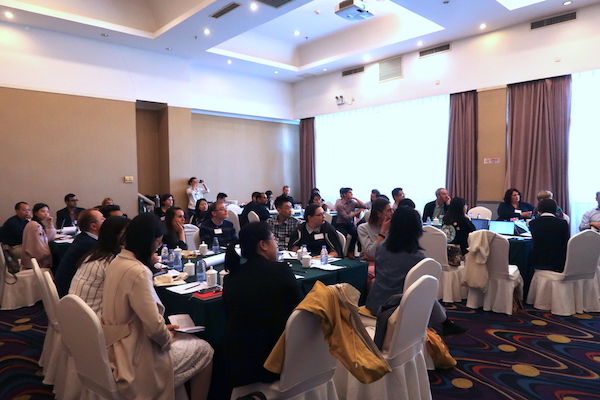Welcome to Governing Scientific Accountability in China
This is an ESRC funded project which aims to promote good practice and accountability governance in China’s life sciences, through a comparative study of stem cell and GM food regulations.
While the rise of Chinese life sciences has brought new opportunities and resources to tackle global health problems, its regulatory quandaries also carry implications that transcend national boundaries. In the last two decades, China has experienced a ‘legislative boom’ of importing Western regulatory norms and bioethical standards to help justify life science research and enable international collaboration. Yet a key problem remains: a deficiency in translating regulatory com-mitments into action and ‘making the rules work’. Cases such as locally authorized stem cell thera-py and unsupervised GM food trials not only has the effect of damaging China’s own scientific rep-utation, but also impairs global public trust of biotechnologies.
This project proposes a timely and ambitious study on the accountability problem in China’s life science governance through a comparative study of stem cell research and GM foods. Stem cell research and GM foods make for excellent case studies. They provide complementary views on the project’s three core research questions. Stem cell and GM technologies are both highly visible and controversial fields in China, but they represent the opposite ends of risk framing. While China’s GM food regulation consists of a ‘strong precautionary element’, China’s stem cell regulation arguably resembles a ‘proactionary’ approach. Despite these differences, stem cell and GM tech-nologies in China share a similar regulatory history and governing structure. This difference in reg-ulatory rationales and overlap in governance structures will provide rich comparable data for the research questions.
Through a combination of semi-structured interviews, focus groups and international workshops, this project engages with regulators, scientists and civil society actors in both China and the UK. It makes an important contribution to the co-production of alternative ways to address public ac-countability in the life sciences.


